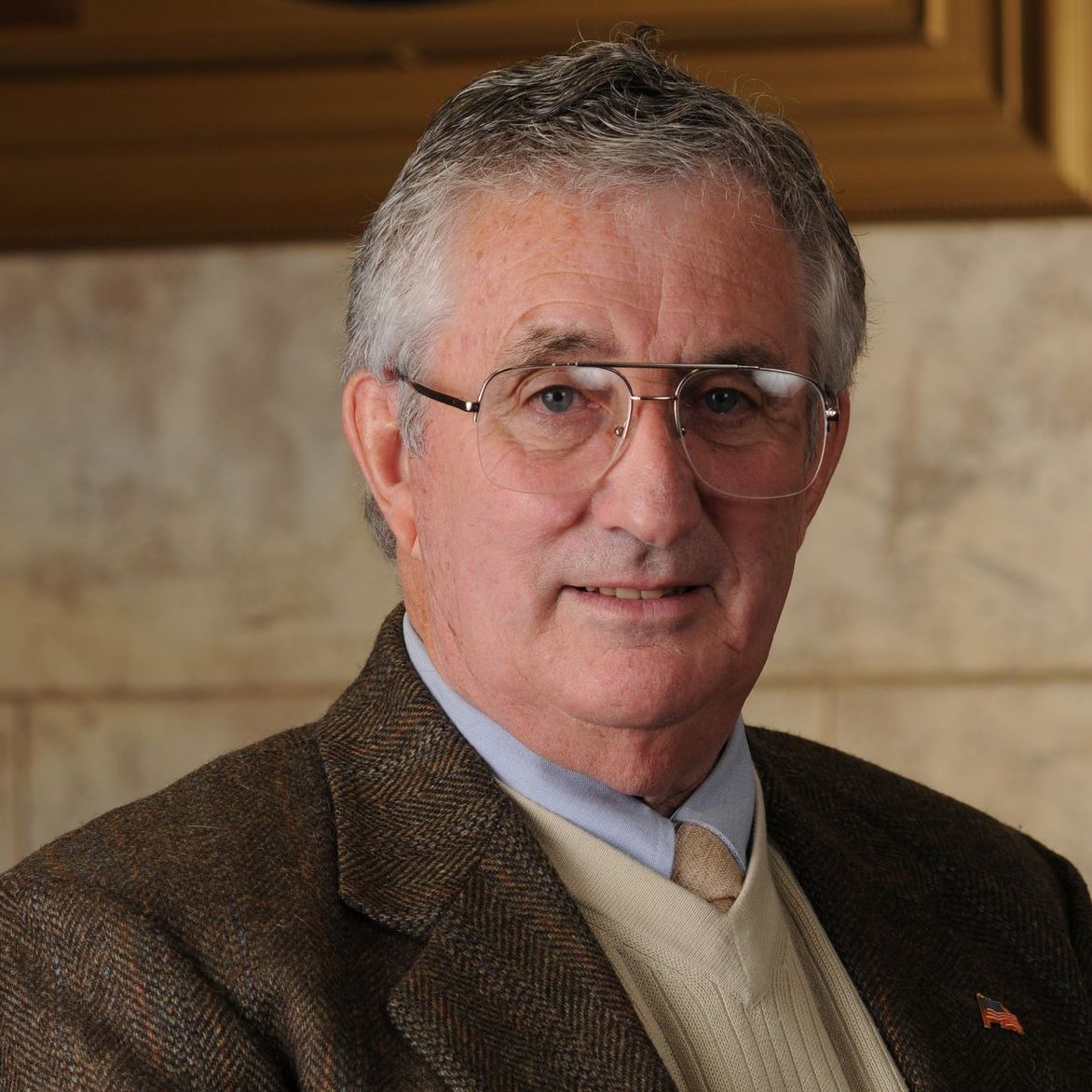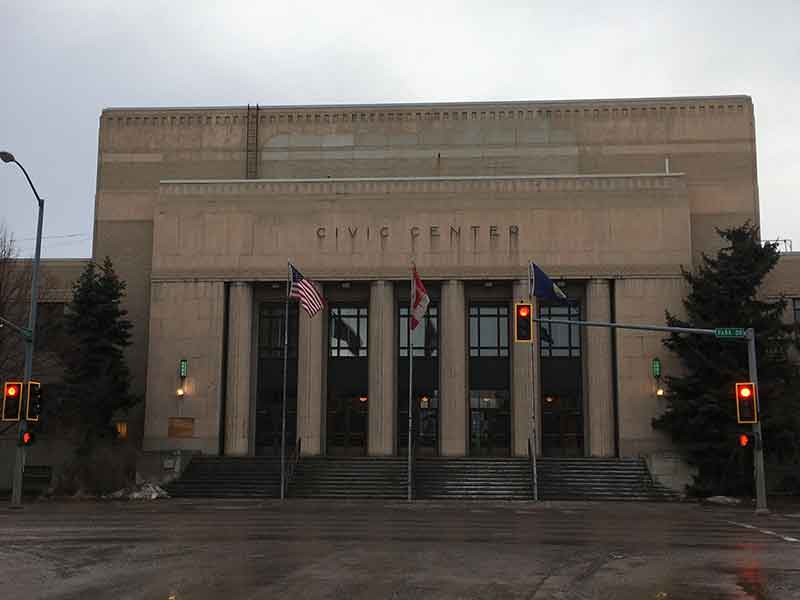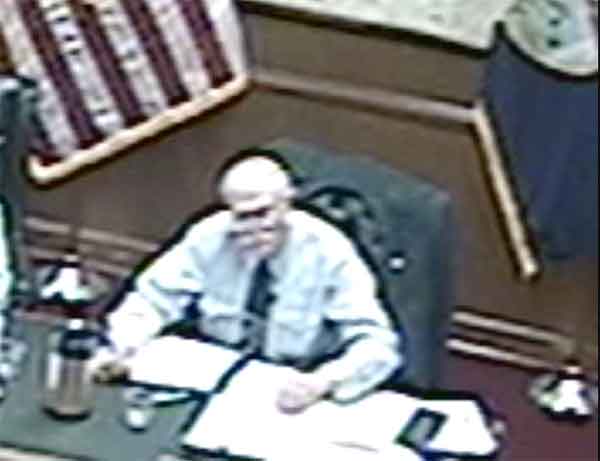In an earlier piece, we pointed out that City Commissioner, Tracy Houck, complained about an alleged conflict of interest by a member of the Community Development Council, which allocates CDBG funds among various local government entities, charities, and other groups. Houck had gotten wind of the fact that a particular individual had down voted the…
Category: City Commission
Comment Of The Day
The Tribune finally caught up to the Tracy Houck, CDBG funding story, but the reporter didn’t have nuthin’ on this commenter: Robert Tyler Great Falls, Montana How can Houck claim to be personally handling this issue because of concern about the privacy protections of a male employee while in tandem exposing the sexual harassment complaint…
Former Mayor Michael Winters Goes On The Record
On Tuesday, May 16, Gregg Smith wrote a post about the City’s CDBG allocation process, our fifth and most recent article on the topic. Since the publication of our first CDBG content on April 27, this blog has received nearly 8,000 page views. Suffice it to say, then, that this has swelled into an issue of significant community interest. Things…
Challenger Emerges For City Commission Seat
On April 20, the filing period opened for Great Falls Mayoral and City Commission candidates. Despite an otherwise quiet municipal electoral landscape, we were recently alerted to the online presence of one Commission candidate, Tyson Habein. You can follow his campaign on Facebook here. While he doesn’t seem to possess particularly high name ID, Habein’s could make for an interesting candidacy. He’s…
Of Smoke…And Fire
On May 15, 2017, I had the opportunity to sit down with City Manager, Greg Doyon, City Attorney, Sara Sexe, and City Planning Director, Craig Raymond, to discuss City Commissioner Tracy Houck’s involvement in the allocation of CDBG funds to the Paris Gibson Square where she serves as the Executive Director. Some takeaways: The March…
Even More CDBG Mania
Have you noticed that when it comes to Community Block Grant funding and voting, the Great Falls City Commission abounds with apparent conflicts of interest, or with situations with the appearance of conflicts? We’ve already seen an article in E-City Beat about Commissioner Houck and the appearance of a huge conflict of interest involving Paris…
City Staff Deserves Credit For Sorting Out CDBG Mess
As more details emerge about conflicts of interest surrounding the City and CDBG funds, the more it has become increasingly clear that staff, and City Attorney Sara Sexe in particular, have done an admirable job of sorting out a messy situation. As Gregg Smith noted, Paris Gibson Square, as an organization, has every right to raise questions about an alleged conflict on the CDC in…
City Attorney Weighs In On Conflicts of Interest
I have to admit that when I read Phil’s piece about City Commissioner, Tracy Houck and CDBG funding, I was a little lost. I struggled through it a few times, and really never knew what happened other than the Community Development Council (“CDC”), which allocates CDBG funding, originally voted to recommend to the City Commission…
Conundrum
noun co·nun·drum Our City Commission seems to be faced with a difficult decision, or as Commissioner Bill Bronson says, “it’s a conundrum.” Here’s the issue; to vote for a zone change which would allow a four story motel, approximately 50 feet high, close to the 10th Ave S/Fox Farm intersection, or to vote against it in…
Fred Burow On City’s CDBG Funding: “I Think It’s A Black Eye On Us”
If you skipped last week’s City Commission meeting (like the Great Falls Tribune did), then you missed a real doozy. Unreported by local media, City Commissioner Fred Burow unloaded on the proposed Community Development Block Grant (CDBG) funding process at the April 18 meeting: “I have a lot of heartburn with this… I think the whole process should…










